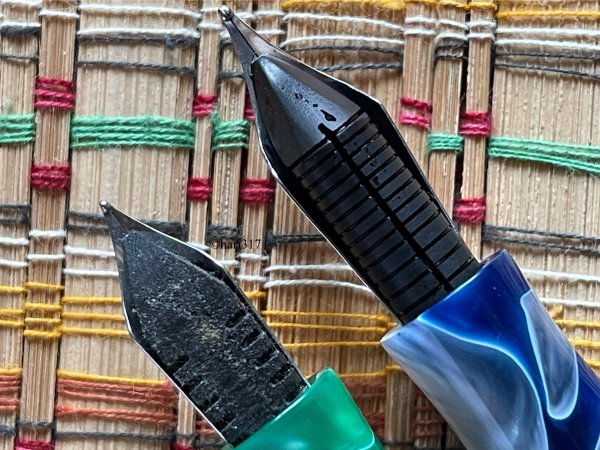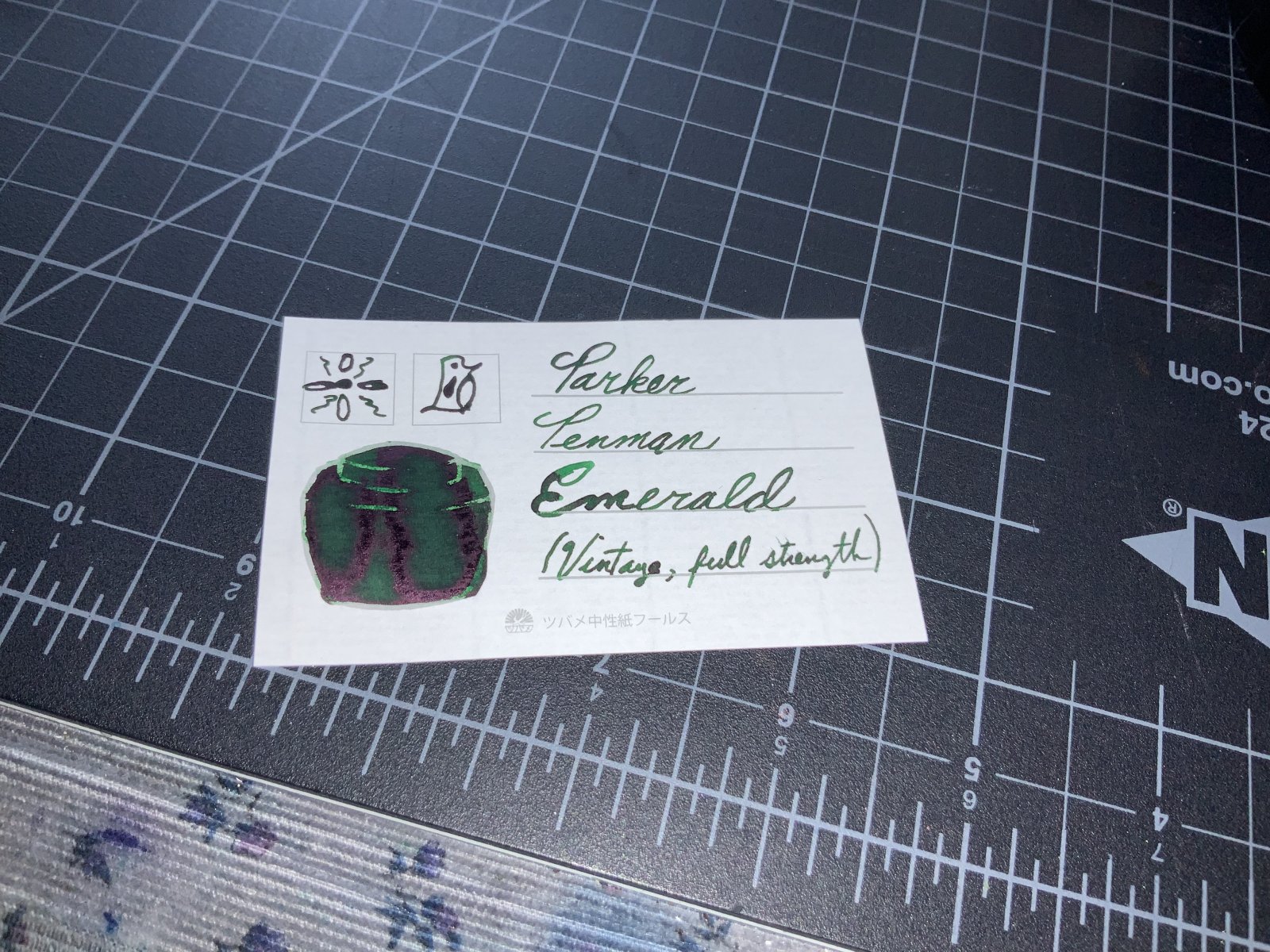The Demise Of Handwriting
-
Forum Statistics
355.5k
Total Topics4.6m
Total Posts -
Member Statistics
128,440
Total Members18,857
Most OnlineNewest Member
THOMOPOULOS GEORGIOS
Joined -
Images
-
Albums
-
My photos
- By lamarax,
- 0
- 0
- 3
-
Ink
- By Penguincollector,
- 0
- 9
- 76
-
karmachanic 1
- By Karmachanic,
- 0
- 0
- 33
-
Uploads
- By hari317,
- 0
- 0
- 72
-
Misfit’s 3rd Album for pens, paper, ink
- By Misfit,
- 12
-


















.thumb.jpg.f07fa8de82f3c2bce9737ae64fbca314.jpg)



desaturated.thumb.gif.5cb70ef1e977aa313d11eea3616aba7d.gif)







Recommended Posts
Create an account or sign in to comment
You need to be a member in order to leave a comment
Create an account
Sign up for a new account in our community. It's easy!
Register a new accountSign in
Already have an account? Sign in here.
Sign In Now